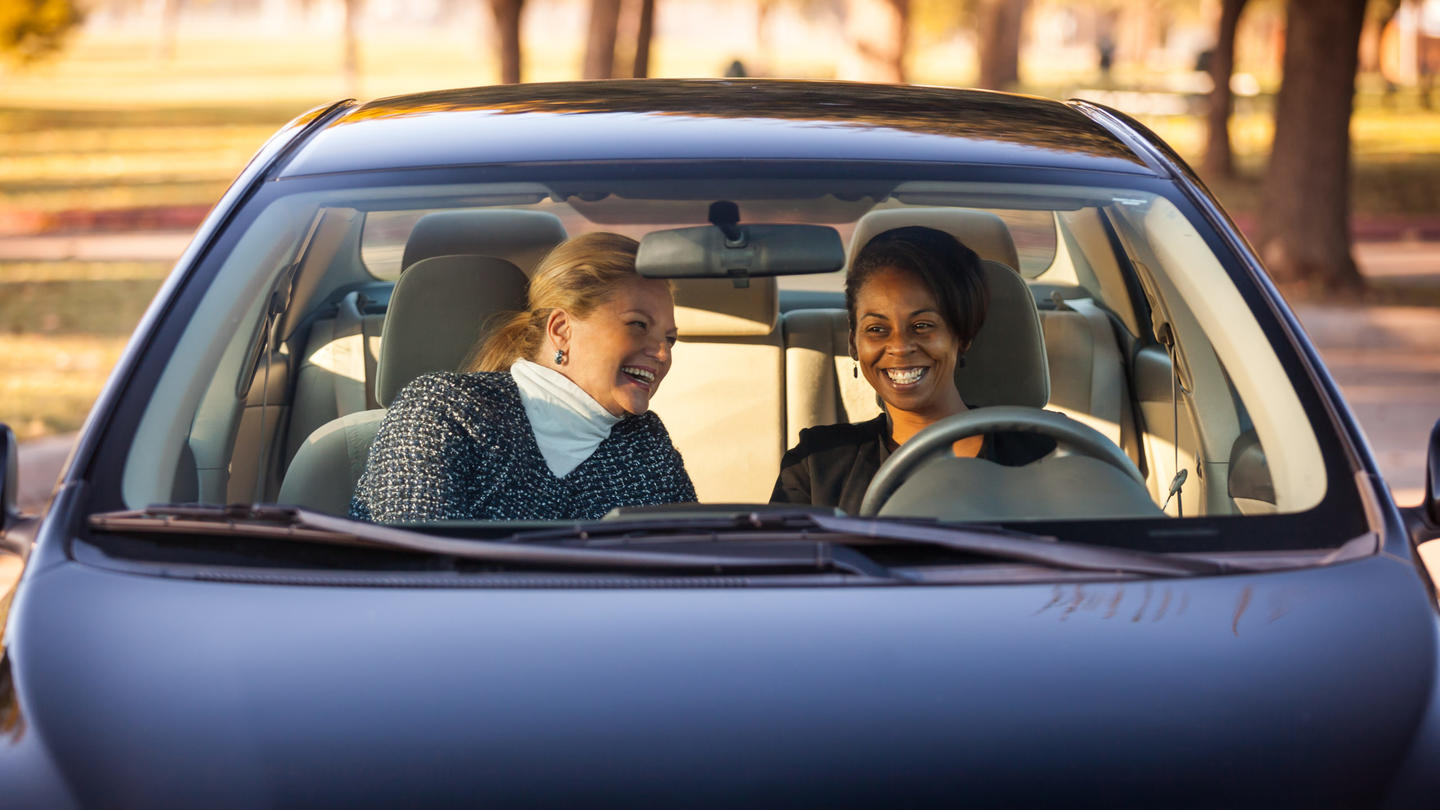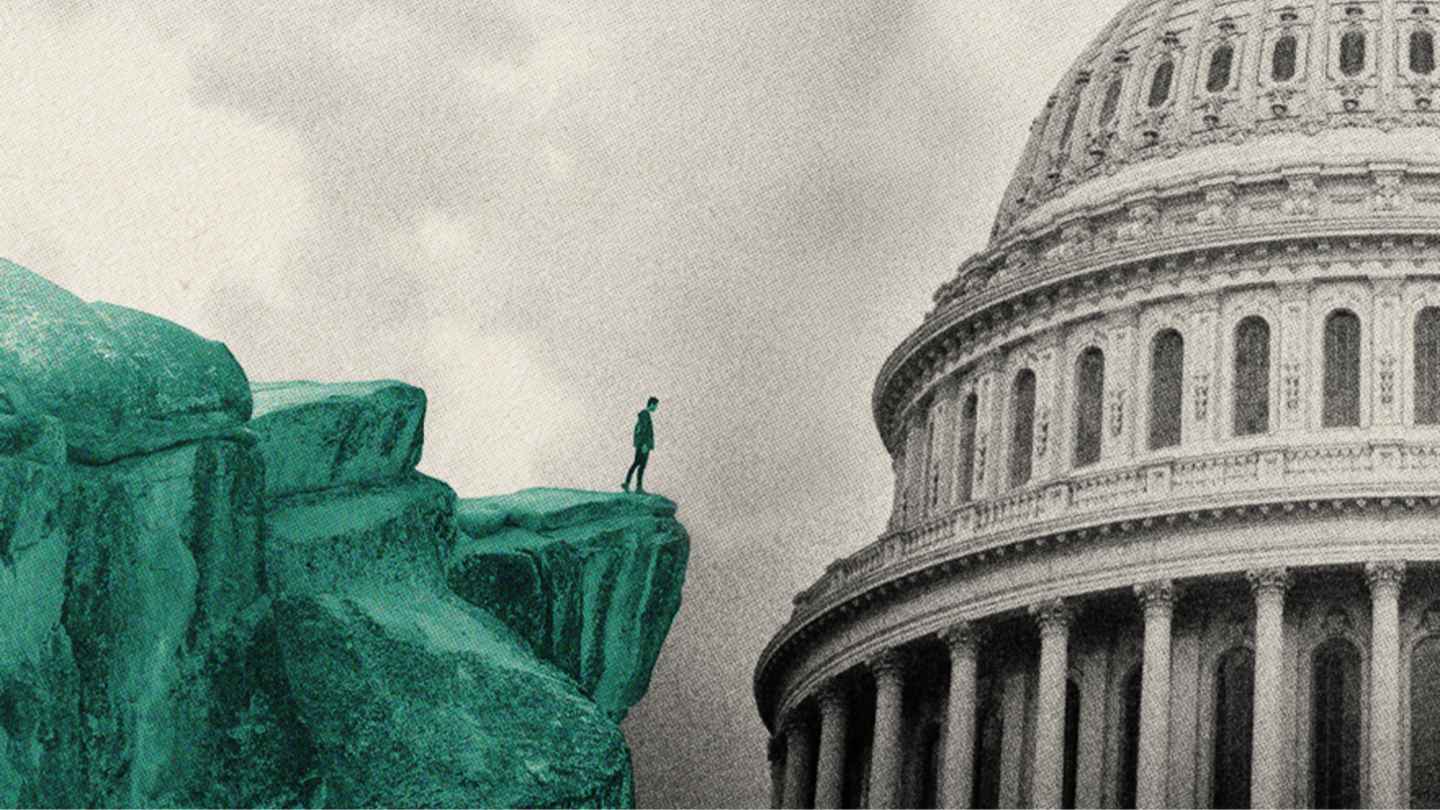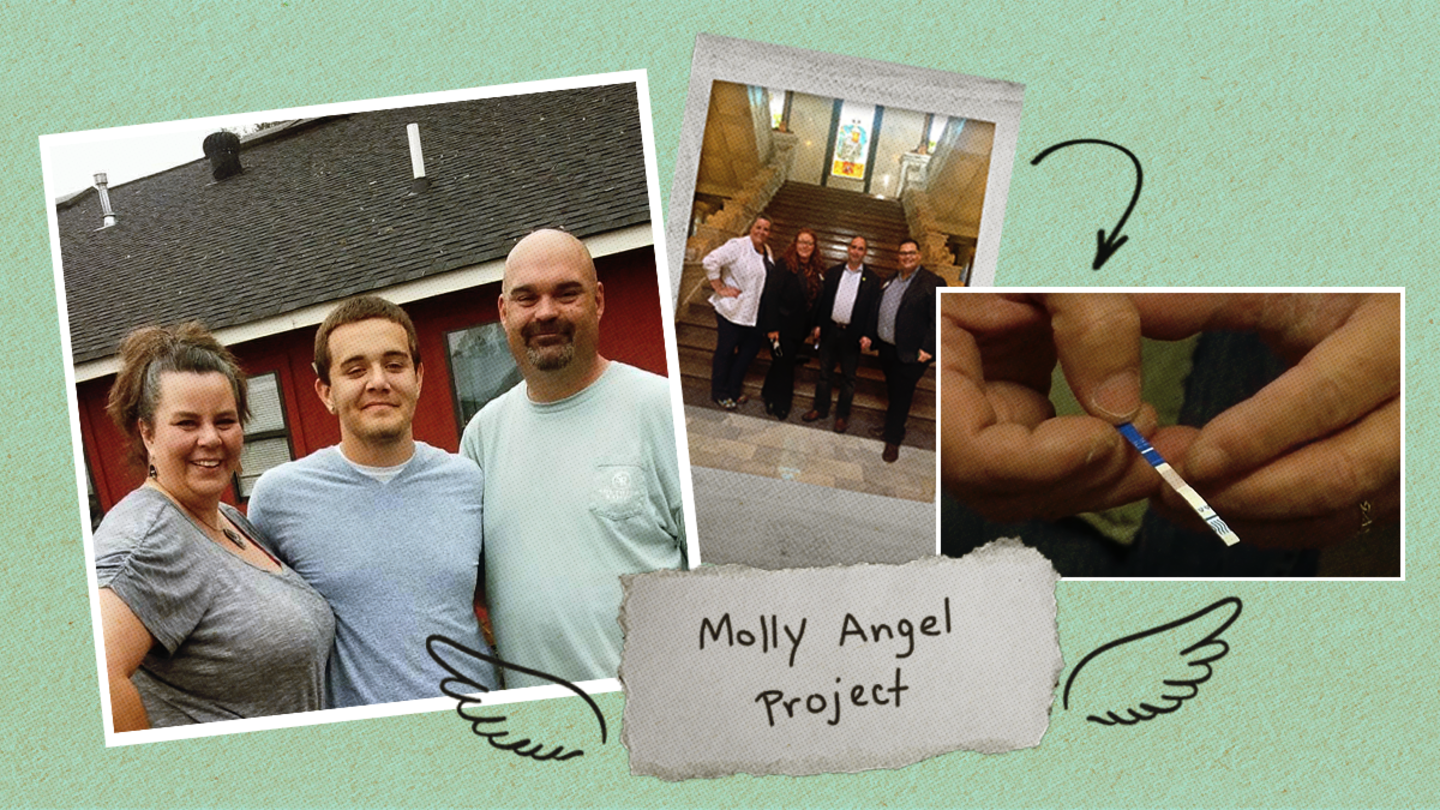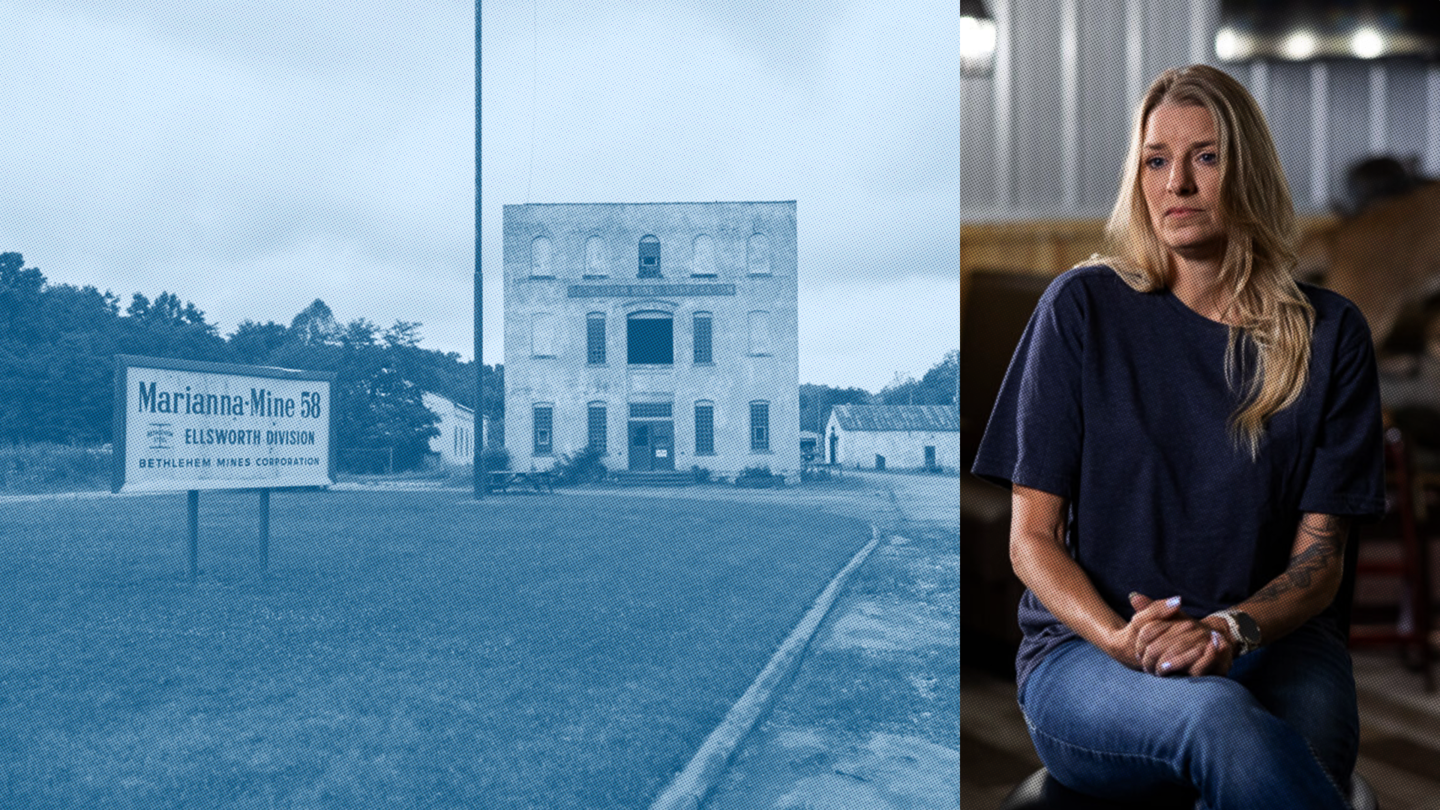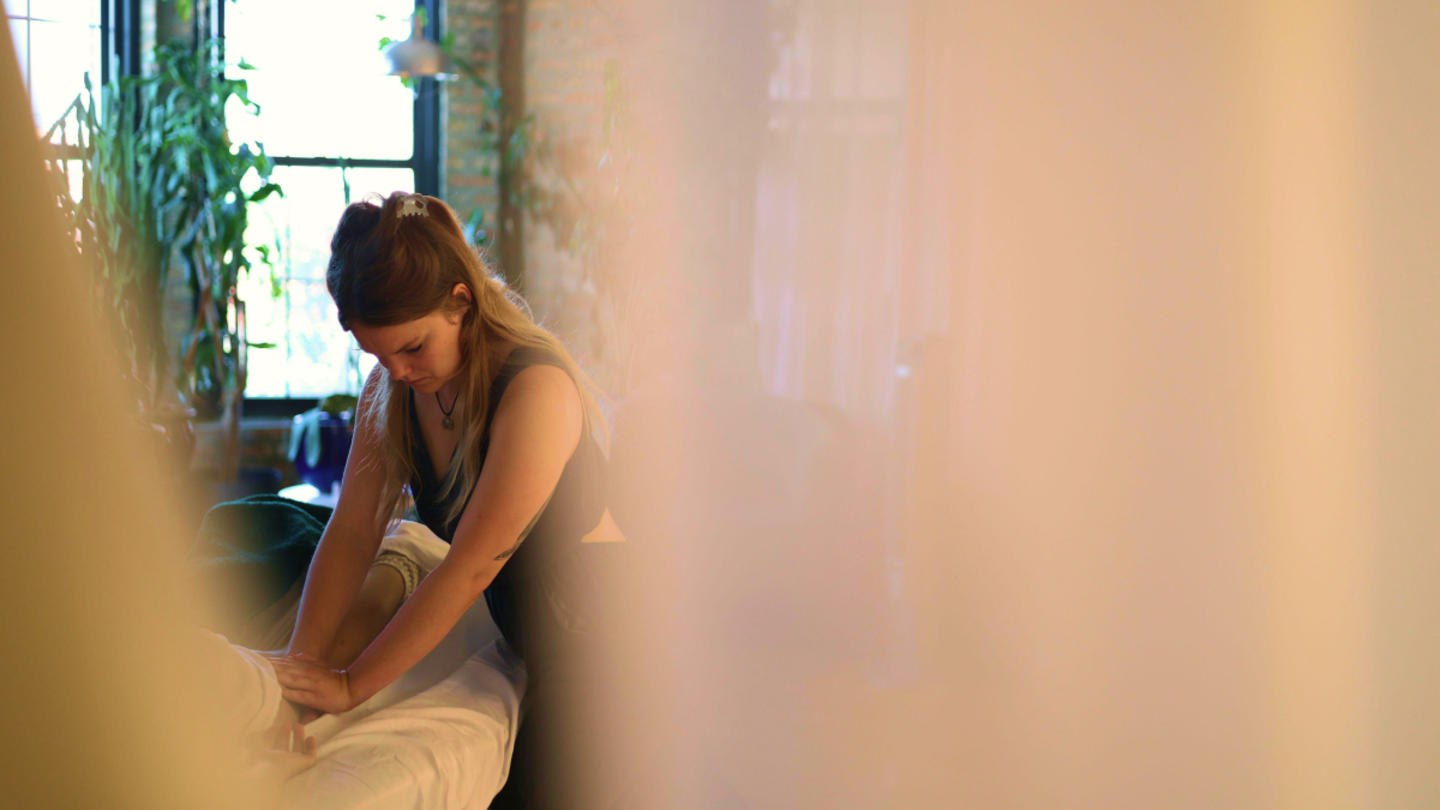A car enthusiast and self-proclaimed finance nerd, Michelle Corson found the perfect way to blend her passions — and change lives along the way. She founded On the Road Lending, a Dallas-based nonprofit, in 2013 as an alternative to traditional automobile lending and based its practices on a simple question: What if we assume people will succeed instead of fail?
This approach is what the organization calls "character-based lending," and it drives their mission to help individuals buy cars so they can more easily get to work and live healthier lives, all while building credit to sustain their long-term financial stability.
"It's believing in people — because we don't use variable pricing depending upon someone's credit score. Every single one of our borrowers pays the same interest rate, no matter what," Michelle says.
With its sharp focus on human dignity and economic mobility, On the Road Lending is a natural fit for partnership with the Stand Together community. The nonprofit joined the Stand Together Foundation Catalyst Program in February 2020, and together the two organizations aim to help more individuals achieve economic prosperity.
Michelle believes that the concept of character-based lending is not as radical of an idea as it may seem. "We just take the time to get to know people and understand who they are and what their needs are. That's really what [it] is. It's like the old days prior to the advent of credit cards, when that was the way all loans were made. But now, we've gotten to a place where everything needs to be extremely fast and automated."
Not that automation doesn't have its upside — it certainly has made things faster and more efficient — but it can't truly understand someone's life circumstances and ensure that they make the right financial choices, instead of heading down a road to financial hardship.
"I look back at the founding for the middle class when Henry Ford created the idea of having a car that was not just for the rich, but something that could be affordable for the common man," Michelle says.
The organization goes beyond just providing low-interest loans, though. Michelle argues that the interest rates are one of the least significant parts of what they do.
Unlike traditional lending models, On the Road Lending assumes that the individuals seeking loans are good people who work to do the best they can, rather than using what's on paper, such as low credits scores or vacillating incomes, to assume they'll fail. New clients are set up with a coach to help them build a budget, so they understand the total cost of car ownership, and they talk about needs versus wants. The coaches also provide counseling on vehicle selection to ensure the client finds a car that meets their needs, taking potential maintenance and repair costs into consideration.
Once clients have worked through financial education and coaching, they are submitted for loan approval through the organization's sister company, a loan fund that members of the community have contributed to and receive a small return from in exchange for the use of their capital. This fund, designated as a community development finance institution by the Treasury Department, helps On the Road Lending keep interest rates low.
The support extends beyond the purchasing process, too. Clients have access to coaching throughout the entire life cycle of the loan to help them with budgeting and making timely payments — and the long-term results speak volume. On average, On the Road Lending clients have increased their credit scores by 157 points and have saved close to $20,000 over the course of a loan.
Lonnie Smith, the organization's vice president of business development, also has a special relationship with cars, and a passion for the industry. His family's neighbor gave them a car when a kid, and he was amazed at the change it made in their lives. Having a car allowed them to see other family members, go to church, buy groceries, get to work, and much more — all without having to rely on others or on public transit. Lonnie says his best professional days are when his team delivers a car to a client and sees them smile with pride of ownership.
"There's a different alternative," Lonnie says. "There's a different choice. And we provide that choice, where people are treated with dignity and respect." Michelle and Lonnie are challenging lenders to think differently about how they can be a part of the solution to avoid the fallout from the COVID-19 pandemic, which has set in motion waves of unpaid or past-due payments. But what would those solutions look like in practice?
"Consider reducing the interest rate. Cut it in half if you are bold enough. Hire a coach, instead of a collector, to talk with your borrowers about what they need during this time. Offer to defer a payment or two, tacking them onto the end of the term, and reduce your provision for loan loss. Make financial education available for your borrowers," Michelle says.
These are just some of the ways that the organization challenges lenders to take a step back, to both understand personal circumstances and to help be a part of preventing economic fallout. Michelle says, "This approach will benefit both lenders and their customers. Lender default rates would likely decrease by 90 percent with no impact to their investor returns, but a tremendously positive impact for the millions of American families trying to get to the other side of the crisis."
On the Road Lending believes now, more than ever, is the time to get creative. It will take courage, but the outcome can be far greater than the alternative when it comes to economic mobility and human dignity.
On the Road Lending is supported by Stand Together Foundation, which partners with the nation’s most transformative nonprofits to break the cycle of poverty.
Learn more about Stand Together's efforts to make the economy work for all and explore ways you can partner with us.
